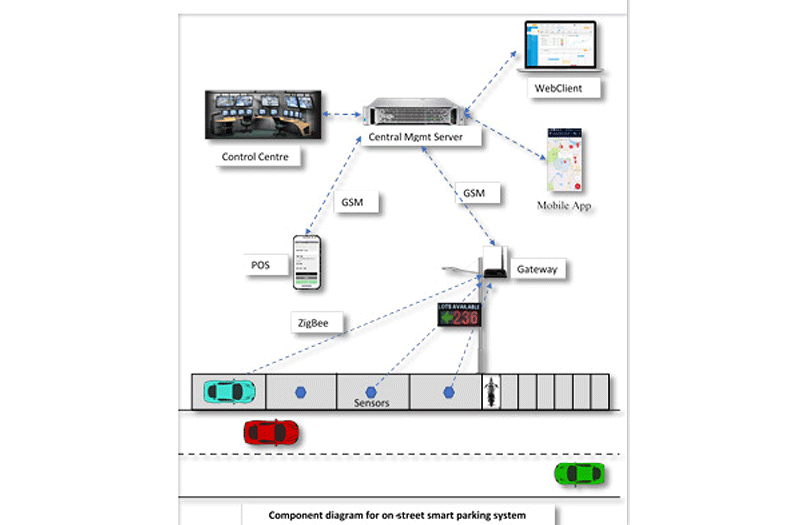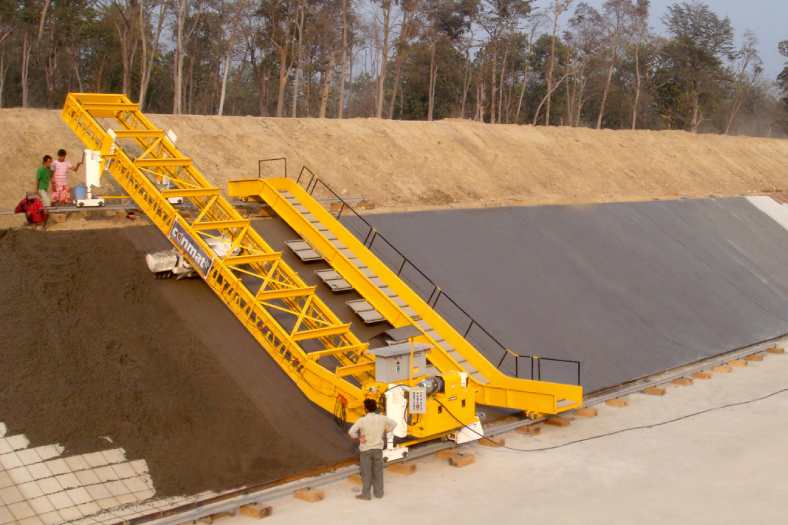How green is your company?
How green is your company?Green Company Rating System by CII can help evaluate, says Mala Singh, Member – Assessor Panel, GreenCo Rating System (CII)Nowadays, rapid growth of industrialisation is contributing to the much needed economy of every country. Every sector of the industries plays an important role in the growth and development. It also helps develop the employment module among the weaker section of the society. Overall, need of industries has become necessity for meeting the need of people and also achieving higher GDP growth of country by setting goals.Businesses across the globe have begun to realise the impending impact of their actions on the environment and its contribution to the phenomenon of climate change. The achievement of higher growth with optimal use of resources and better emission and discharge standards are need of the hour. Several companies have taken proactive initiatives to integrate environmental concerns in their businesses and have improved the environmental performance and business competitiveness. Pursuing green has become the new driver for companies on the quest toward growth, competitiveness and global excellence. Numerous benefits have been achieved by companies restructuring their various business processes toward ecological sustainability.Companies across the globe have taken many initiatives to reduce their ecological footprint in several areas such as energy efficiency, water, GHG, waste reduction etc. A clear holistic mechanism is presently not available for evaluating the performance of companies on the ecological front.To evaluate the greenness of companies, Confederation of Indian Industry (CII) through extensive support of the stakeholder consultation and interaction with the experts have developed GreenCo Rating System. It will act as a milestone for companies pursuing green to assess where they stand and help in defining the path forward. It is the first of its kind in the world. This rating system would cover both individual manufacturing unit and service-related facilities, i.e. existing facility as well as new facility. It will also cover both the manufacturing and service sectors.GreenCo Rating System will be applicable to various sectors such as automobile and engineering, IT and service sector, cement, pharmaceuticals and chemicals, fertilizers, tyres, FMCG, pulp and paper, glass, refineries and petrochemicals, hotel, service sector, iron, steel and non-ferrous metals, textiles and electronics. There are various parameters laid by the GreenCo Rating System for evaluating the performance of company in terms of functions and operations such as energy efficiency, water conservation, renewable energy, waste management, material conservation recycling and recyclability, green supply chain, Greenhouse Gases Reduction (GHG), product stewardship and life cycle assessment.Energy consumption in any business is one of the fundamental needs for various reasons like operating machines, running computers, office maintenance etc. The green rating system calls for energy monitoring and accounting system as well as technology that is less energy intensive. It will also help the organisation benchmark themselves at national and international level. The Green Rating System for companies also encourages businesses to employ clean, renewable energy. The ultimate goal is to offset 100 per cent of the electrical energy and thermal by renewable energy. Although the initial investment on installing equipment for generating renewable energy is relatively high, the long-term benefits of reduced maintenance cost, low operating costs and cost savings on fossil fuels make it a lucrative proposition for businesses.Our requirements for water to meet our basic needs and our collective pursuit of higher living standards coupled with the need for water to sustain our planet’s fragile ecosystems, make water unique among natural resources. Effective water management strategies are the call of the hour to address the water crisis. The green business rating promotes sustainable use of water through “reduce, recycle, reuse and reclaim” strategies. It prescribes metering to monitoring water consumption, rainwater harvesting and water use reduction strategies. Overall, this has the effect of reducing utility costs for businesses. The rating system also encourages companies to take efforts for ground water recharge beyond the fence.Waste management is one of the important parameters to avoid the stagnancy at the point of origin; hence waste collection and disposal should be taken care off. Lack of waste management can lead to hazardous materials getting disposed off to the environment and causing grave danger to living beings. The system presents guidelines on waste inventory study to enable businesses to quantify data on amount of waste generated and hence empower them to adopt suitable waste disposal strategies. Material conservation, recycling and recyclability are closely related to waste management. It is also evident that more we conserve, recycle and reuse; the less waste we generate. This leads to cost saving as reduced material cost as well as well reduced waste disposal cost. The rating system encourages the use of recycle and reuse of raw materials.In keeping the consumers’ sentiment in mind, it’s not only necessary to green the operations, but also the supply chain. Green supply chain process means lower waste disposal, lower environmental impact at the vendor premises and often, reduced material cost. This rating system aims to make businesses aware of these benefits to their bottom line so that they are encouraged to implement green supply chain processes.The green rating system guides businesses on reducing their greenhouse gas emission by setting short-term goals while working on a long-term strategy. The ultimate goal is to make businesses carbon neutral, i.e. they should be able to remove as much CO2 from the atmosphere as they generate. The rating system encourages businesses to design and develop a product that has ‘nil/least’ environmental impact (CO2, water, material and toxic content) during its lifecycle. It guides businesses to perform a comprehensive analysis of all their products on environmental impacts over the lifecycle of the product and explore options for reducing such impacts.Business specific benefits include various aspects. It communicates the corporate commitment toward environmental sustainability to all stake holders as well as enhances the competitiveness of the company through resource conservation and improved efficiency. The rating system is an easy way for businesses and companies to compare themselves against their peers or competitors. Businesses can use the recommendations of the rating system to develop a long-term plan to improve competitiveness as well as ecologically sustainable. Most governments are prescribing strict environmental compliance guidelines for companies. Companies that accept the green rating system will have a ‘head start’ in complying with these requirements and thus have an advantage over non-complying competitors. With consumer awareness related to the environment growing at a fast pace, green-rated companies will enjoy considerable consumer support and goodwill. Many business owners and managers wish to adopt environmentally healthy practices but are not aware of what needs to be done. The rating system can act as an excellent guide for such businesses.
Cookie Consent
We use cookies to personalize your experience. By continuing to visit this website you agree to our Terms & Conditions, Privacy Policy and Cookie Policy.









